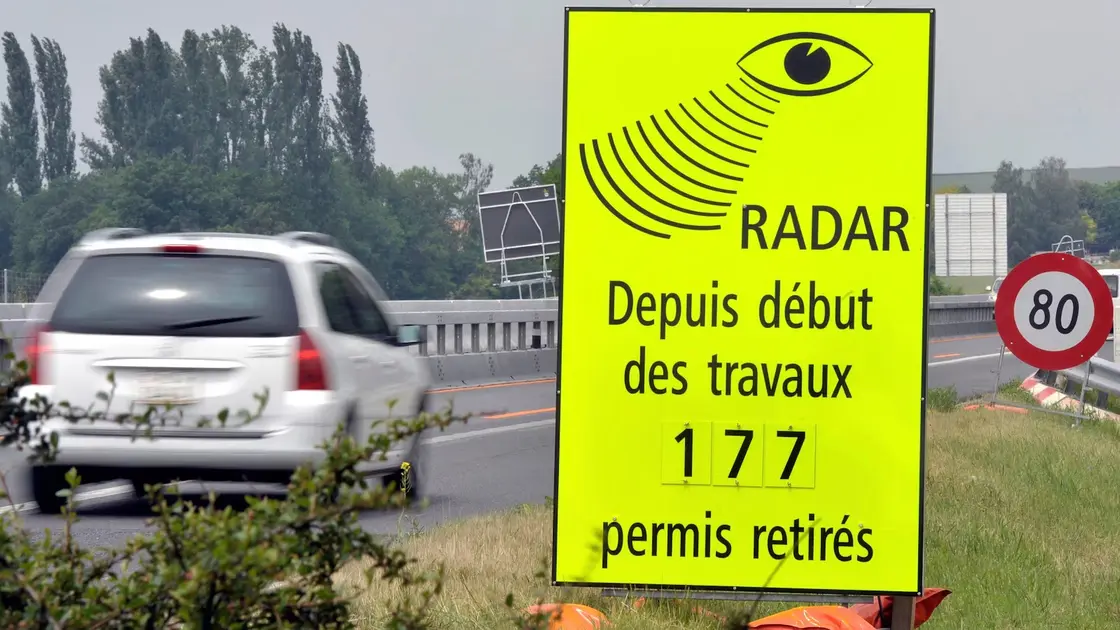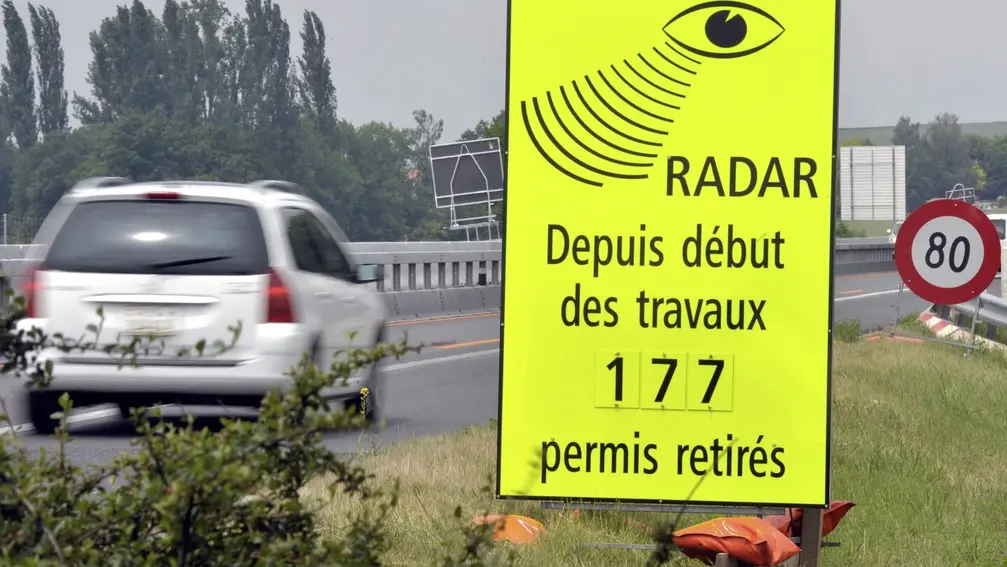T4K3.news
Heavy fine for speeding hits wealthy driver
A Lausanne driver faces up to 90000 Swiss francs in fines after speeding, under wealth based penalties.

A wealthy driver in Lausanne faces a heavy fine under Switzerland's wealth based penalties for speeding.
Wealth Shapes Swiss Speeding Fines in Lausanne
A driver was clocked at 27 kilometers per hour over the limit on a Lausanne street. In Vaud canton, penalties for speeding can reach up to 90,000 francs because fines are tied to the offender’s income and wealth.
The court ordered an upfront 10,000 francs payment, with the rest potentially due if another speeding violation occurs within three years. The offender is described as French and among Switzerland’s wealthiest, illustrating how personal finances influence punishment. The case recalls a 2010 incident in which a millionaire driver faced a much larger penalty, highlighting the long standing link between wealth and penalties.
Key Takeaways
"the tycoon must pay 10,000 Swiss francs up front"
upfront payment ordered by the Vaud court
"Wealth shapes punishment in a way that shocks the sense of fairness"
reflects public debate on wealth based penalties
"This case shows how money can influence how seriously laws are enforced"
public reaction to the case
"Penalties that reflect income aim for proportional justice"
explanation of policy rationale
This approach aims to tailor penalties to means, not just the offense, but it raises questions about fairness and deterrence. Critics say it can blur accountability when money changes the outcome.
The broader trend in Europe includes Germany, France, Austria and Nordic countries that consider wealth in penalties. It puts pressure on lawmakers to balance road safety with social equity and trust in the justice system.
Highlights
- Wealth should not shield anyone from the law
- Fines must deter not reward privilege
- Punishment must fit both the act and the offender
- Equality on the road means money does not buy leniency
Wealth based fines spark debate
The use of income and wealth to determine speeding penalties raises fairness and political questions and may trigger public backlash.
Policy makers will watch closely how this case shapes public trust and future penalties.
Enjoyed this? Let your friends know!
Related News

Wealth based fines hit Lausanne speedster

Manchester Airport taxi fees face mayoral scrutiny

UK motorists warned of fines for headlight usage

Emma Watson banned from driving for six months after speeding incident

Acura Tests Appetite for Avengers NSX Roadster at Monterey

Denny Hamlin claims fourth victory at Dover

Two Tribes wins Stewards' Cup at Glorious Goodwood

Vince McMahon charged with reckless driving
